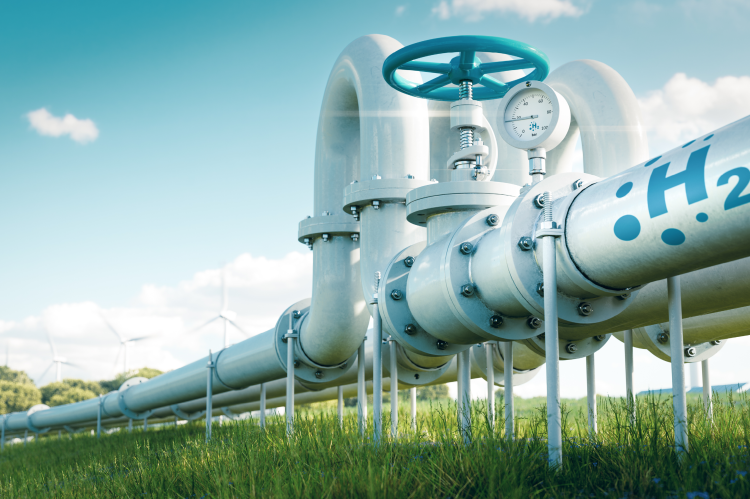Germany Delays 9,700-km Hydrogen Pipeline Network to 2037 to Workout Financing Structure

Germany's ambitious plan for a €20 billion ($21.5 billion) hydrogen pipeline network has been pushed back five years to 2037, Hydrogeninsight reported on April 8, 2024.
The delay agreed upon by the country's three coalition parties, aims to ease the financial burden on operators while allowing time for green hydrogen production to ramp up.
Initially, Vice Chancellor and Economy Minister Robert Habeck of the Green party sought completion by 2032. However, lawmakers from the Social Democrats (SPD) and Free Democrats (FDP) argued the delay would benefit both operators and the green hydrogen sector.
Designed to transport domestically produced and imported hydrogen (H2) to industrial centers, the 9,700-kilometer pipeline network will be built by private companies that will recoup costs through grid fees. The government will guarantee a pre-tax return on equity of approximately 6.7%.
A key element of the agreement is a risk-sharing mechanism. In the unlikely event that the network fails to meet user demand, operators will shoulder 24% of the costs, with the government covering the remainder. However, individual operator bankruptcies won't financially impact other network operators.
Financing for construction will be managed through a government-established "amortization account," with operators gradually repaying the costs by 2055.
The agreed framework will be incorporated into the third amendment of the Energy Industry Act and could be approved by parliament as early as next week.
"This parliamentary process strengthens investment security for the hydrogen network's rollout while mitigating insolvency risks," said Nina Scheer, climate and energy spokesperson for the SPD parliamentary group.
"The amortization account model allows for a more manageable financial burden."
Representatives from all three coalition parties praised the agreement. Lawmakers highlighted increased investment security, reduced bureaucracy, and the potential for Germany to become a leader in the hydrogen sector.
The German public utilities association (VKU) acknowledged the agreement as a positive step, emphasizing the importance of financial certainty for all stakeholders. However, it cautioned that the agreement's success hinges on attracting actual investment decisions based on the outlined terms.
“Regardless of what the agreement looks like, the financing must be sufficient for investments in the core [hydrogen] network,” it added.

